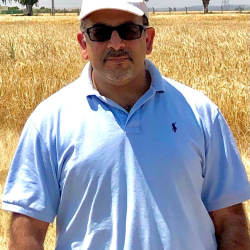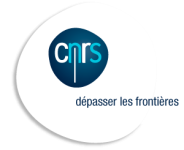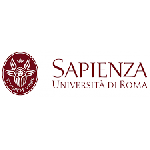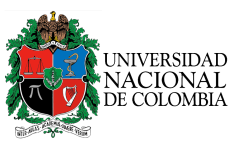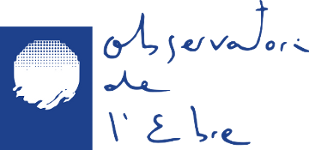The EartH2Observe project cuts across the scientific themes of both earth observation and water resources management. It is expected that the project will have an impact on Earth Observation research by improving the overall retrieval, resolution and reliability of EO data, assess the performance and uncertainty of existing EO products via ground validation and increase the space-time coverage of satellite sensors. Besides, the project will improve the global water resources evaluation by building long time series of water cycle observations and bridging the scale and the context from global to local, from science to society.
Work Package 6 of the eartH2Observe project - which is the part where ICARDA is involved - focusses on in-situ data collection and modelling. It will evaluate the applicability of the new EO data and improve the assessment and prediction of water resources variability and availability.
To end, the project wants to raise awareness on the pressure on freshwater resources, to improve the understanding of the water cycle by providing workshops, training and e-learning courses. Promoting a participatory approach and supporting local stakeholders, the project contributes to science-policy interfacing.

